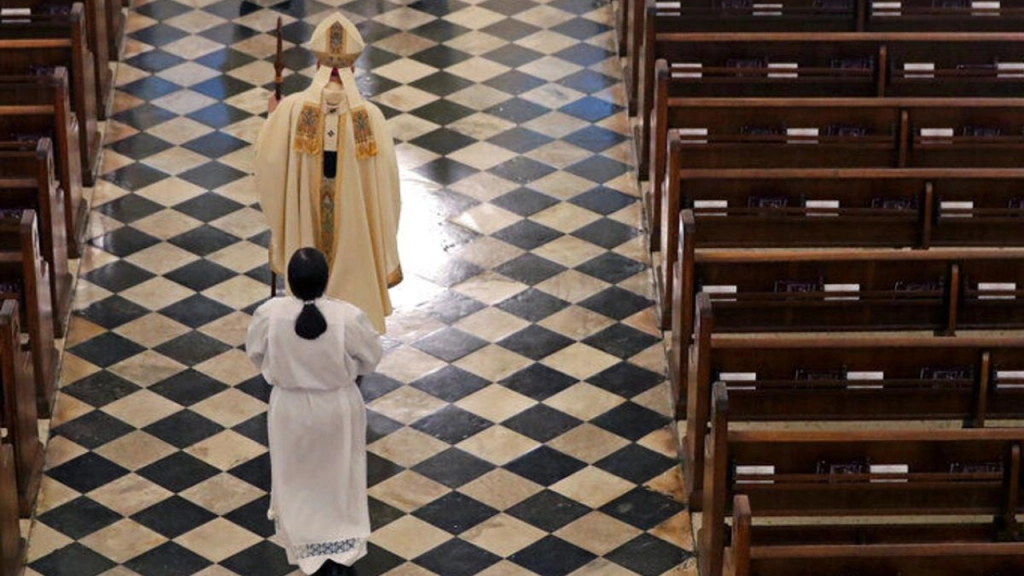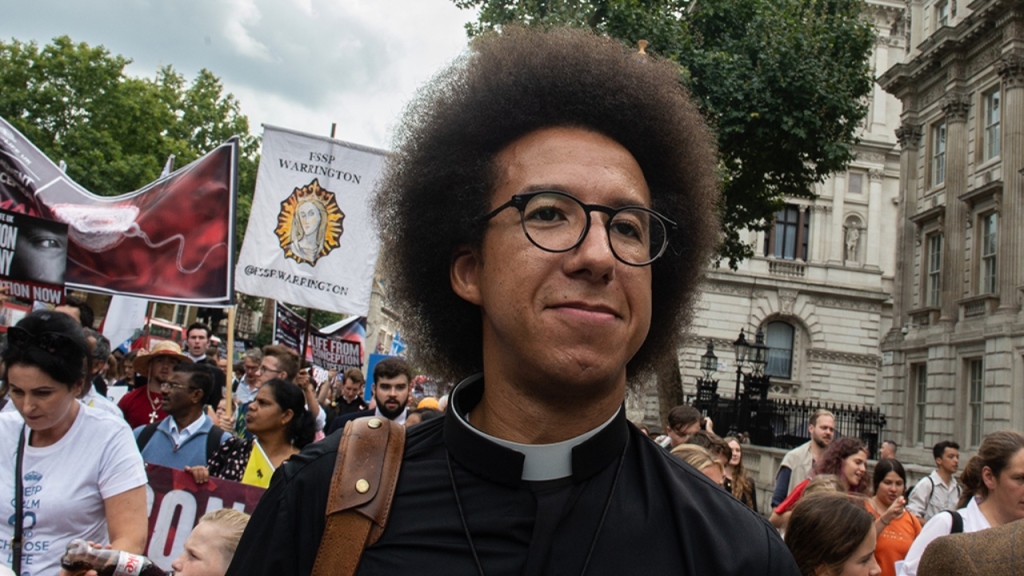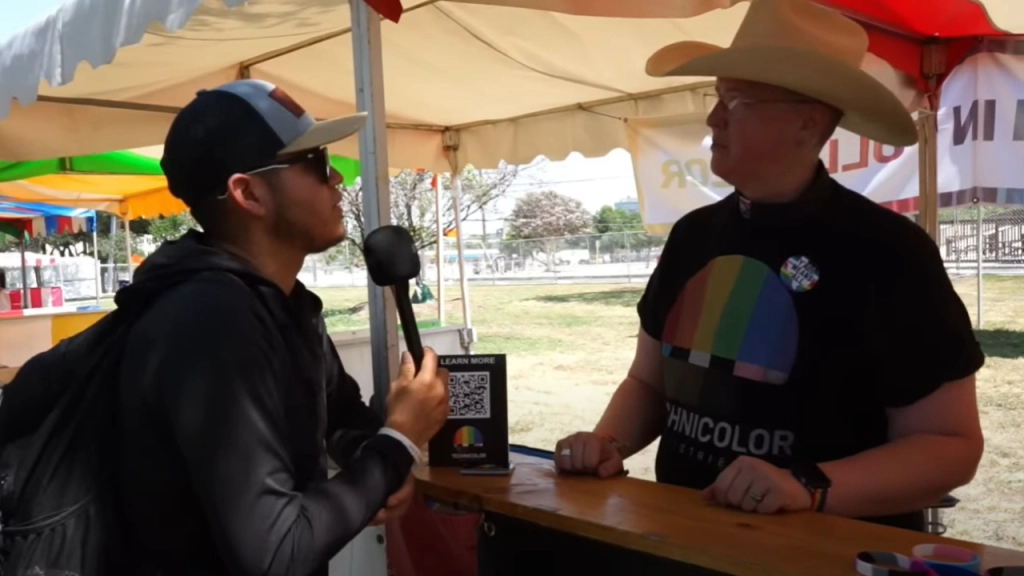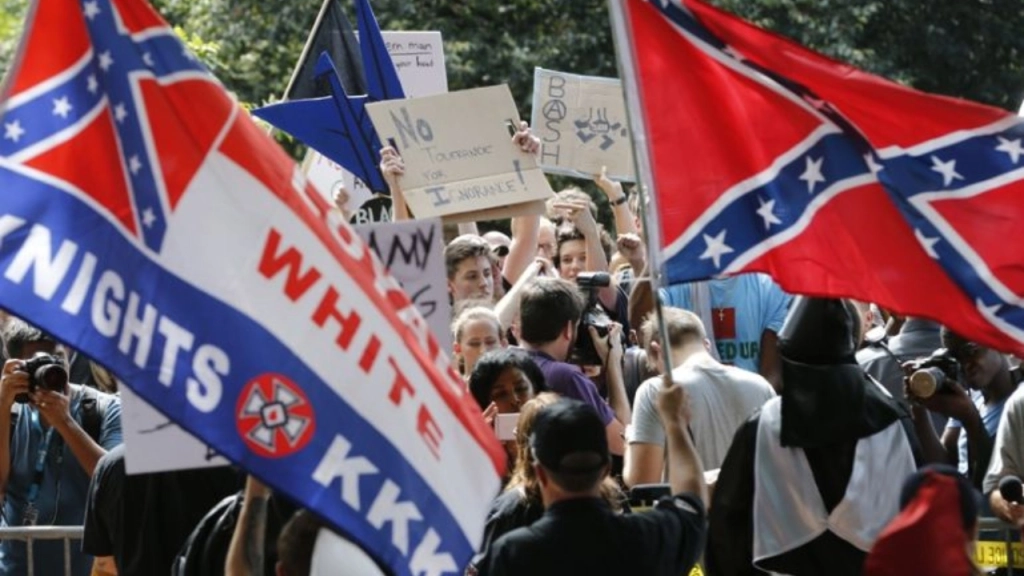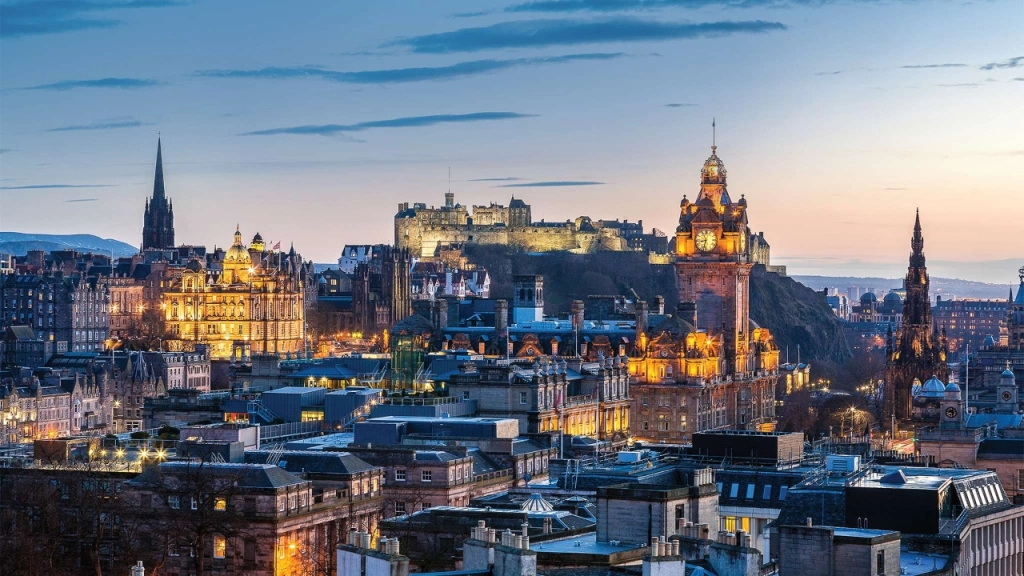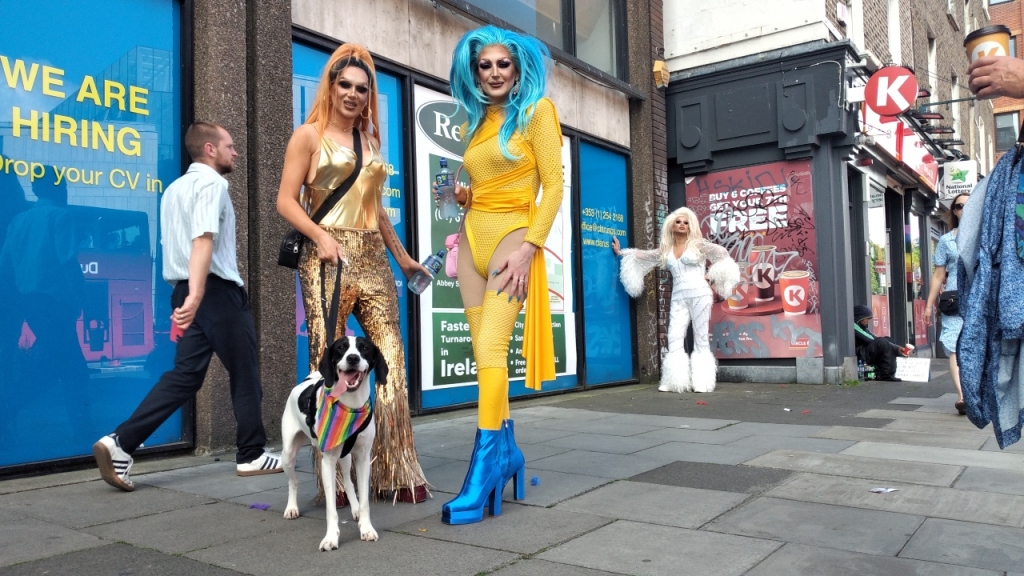UNPRECEDENTED TIMES
People are rioting in France not because they hate the country but because the police killed a child because he was Algerian.
Paris has been burning for the past week along with dozens of cities and towns all across France after a teenager, Nahel Merzouk, was shot and killed by police at a traffic stop. Peaceful protests led by the boy’s mother eventually turned violent as tensions continued to mount on the streets and as tens of thousands of young people came out to vent their frustrations at the authorities. That Nahel was of Algerian descent and had ‘previous brushes with the law,’ gave the far-right in France the excuse it needed to blame the victim — this disorder was, to the racists, the result of France’s fictional ‘open borders policy,’ mass immigration, and of course Islam’s incompatibility with western values.
The racist far-right YouTuber Joseph Paul Watson was quick to identify ‘a certain demographic’ with the massive civil disorder spreading over the country; depicting the protests, the rioting, and the attendant criminality as a mindless explosion of barbarism because ‘something racist might have happened two-hundred miles away.’ His take on that ‘certain demographic,’ as has become typical of the far-right’s response, is that these people are foreigners; the product of mass immigration and the ‘third and fourth generations of migrants who hate France.’
Some, albeit little, of this criticism is valid. This is how the extreme right operates. It takes a valid concern, poisons it with racial intolerance and xenophobia, manufactures it into an existential threat to white western civilisation, and lets the mechanism of stochastic terrorism do its thing. So, let’s acknowledge this valid concern; legitimate protest has turned violent, cars are being upturned and set alight, private property is being damaged and destroyed, and businesses and retail stores are being looted by people taking advantage of the disorder and chaos. France, a republic established in violent revolt, has a long and proud history of protest. Revolution is baked into the idea of protest in France, and often these protests become chaotic and violent.
Looting and the wanton destruction of property are to be condemned, but they are a normal part of every riot where the authorities lose control. The French authorities have clearly lost control. But what is most important here is the question of when precisely the authorities lost control. It was not when protestors arrived on the streets. It was not even when those protesting began fighting back against the police. French authorities lost control of the situation the moment a police officer shot and killed a child at point-blank range.
Of course, the far-right has made much of Nahel’s ‘previous brushes with the law,’ and this is always the case when a person of colour is slain by the police. But if we are prepared to be as ‘colour blind’ as the French Republic pretends to be — no one deserves to be executed for driving a stolen car. The killing of Nahel was all about the colour of his skin and his ethnic origin. This much is recognised even by Joseph Paul Watson who has taken these events to strike out at the idea of migrants as ‘future doctors and lawyers’ and fearmonger about people like Nahel being ‘busy trying to get boats to the UK.’ No one is disputing that Nahel was killed because he was Algerian.
Far-right commentary has framed these events as an assault on an imagined fin de siècle vision of France as the home of romance and Paris as the ‘City of Love,’ the views of which have been spoiled by brown and black people. This harks back to Donald Trump’s comments on France no longer being France. The racist right likes to fetishise idealised pasts, seeing change — especially diversity and multiculturalism — as corruptions of fictive white historical perfections. And at the heart of this perfection is the apogee of white supremacism; European imperialism and colonialism — realities of the past that were far from images of perfection and which very much shape the cultural divisions in Europe and North America today.
France invaded Algeria in 1830, making it the first European occupation of an Arab country since the Crusades. This extension of the French Empire happened at the height of the Atlantic slave trade, at a time when concepts of race and racial superiority were being developed in Europe, and much like other European imperial adventures in Africa the colonial project in Algeria was brutal and violent. At the end of 1954, after more than a hundred and twenty years of French colonial rule, the Algerian War of Independence began — and it is in this war, the immediate context of Algerian migration to France, that we find the origins of the racial tensions coming to the surface around the execution of Nahel Merzouk.
According to the International Criminal Court, colonialism is a crime against humanity. During the eight years of war to expel France from Algeria more than one and a half million people were killed, and rape — used as a weapon of war because it was believed to have been particularly humiliating to Muslims — was committed on such a scale that it practically amounted to a French military policy. French and Algerian photographic and film archives of the conflict depict French troops posing for souvenir pictures with their naked rape victims — many of them children, piles of bodies of raped and mutilated girls and women, and French soldiers holding up the severed heads of Algerian villagers. This was a war that ended in 1962.

France demonstrated a depth of savagery in the Algerian War almost unparalleled in the history of modern warfare; outdone only during the Japanese occupation of China in the Second World War. France behaved like this because it felt it could, because it viewed the people of the Maghreb as racially inferior, and because it believed other European states would ignore these crimes (they did). Having never recognised or apologised for its crimes in Africa, France has preserved these racist attitudes towards Africans. In a recent poll of French people of African descent, over ninety percent of respondents said they had experienced racism.
Politicians such as Éric Zemmour and Marine Le Pen and cultural figures like Michel Houellebecq have consistently vilified Algerian immigrants as a social problem. Framing protest and violence against state discrimination and violence as a Muslim issue — even as Islamic terrorism — rather than accepting the facts of past and present colonial and racial injustice. They want to read the current situation through the disgraceful lens of Arab immigrants’ hatred for France. The riots over the last week across France were not terrorism. Arguably, they were a response to the terrorism of the French authorities against minorities.
It is frustrating and saddening to see this racist and Islamophobic take on the riots gaining so much popular acceptance, but then we must realise that this racist interpretation is being packaged and sold to an increasingly racist audience that is looking for reasons to demonise Muslims and Africans. The simple fact of the matter is that these riots, which brought a lot of tensions to the surface, were the result of the police killing a child because he was Algerian. Like the response to the police assault on Rodney King in 1991, hate crimes perpetrated by the state and by agents of the state will result in riots.
Citation: McCann, Jason Michael. “Rage in the City of Love.” Unprecedented Times (blog), 6 July 2023. https://unprecedentedtimes.org/2023/07/05/the-limits-of-free-speech/.
Jason Michael McCann M.Phil.
Biblical Studies and Hebrew
Race, Ethnicity, and Conflict
